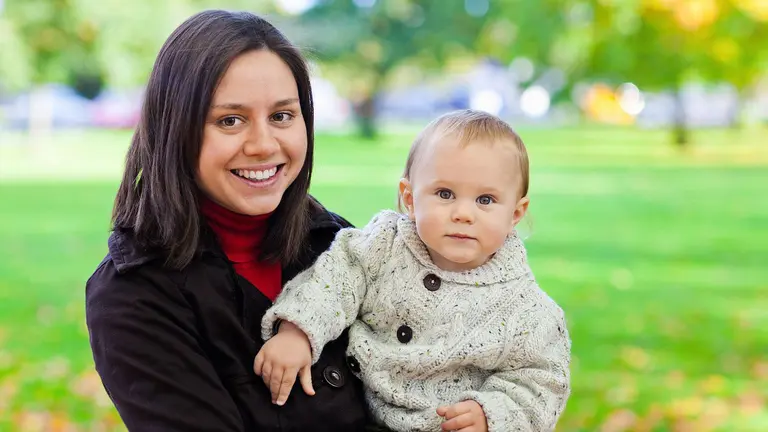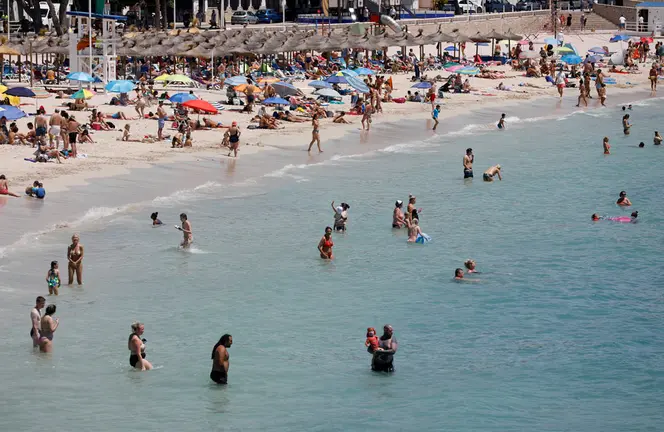The world is sick. It is infected with the novel coronavirus.
Clubs and pubs are closed. Lockdowns have brought outdoor activities to a standstill. People are forced to stay inside. And they are getting between the sheets.
Couples are having sex, says Dr Helen Fisher, biological anthropologist and senior research fellow at the Kinsey Institute.
“With extra time during the day saved by not commuting or working, it is only natural that couples are using it to have sex,” she says.
The prolonged stay-at-home period, coupled with social distancing, has, indeed, made it possible for people to think more about sex and be in a state of horniness.
And they are acting to spice up their sex life.
Even though they cannot go out, e-commerce has come to their rescue.
Increase in sex toy sales
Online sex toy sales skyrocketed throughout March, the month when coronavirus cases in many different parts of the world increased by leaps and bounds.
Swedish luxury sex toy brand Lelo said its sales had increased by 40 percent.
WOW Tech Group, which owns the sex toy brands WeVibe and Womanizer, told VICE magazine both brands had already surpassed their monthly sales projections by over 40 percent as of March 25.
Even as far away as in New Zealand, sex toy sales tripled in the run-up to the country’s month-long lockdown that came into effect on the night of March 25.
“I do think one of the reasons that so many people are turning to sex is not only that they have got the time, but it is actually very good for you,” says Dr Fisher.
Coronials and quaranteens
Memes have surfaced on the internet as a result of heightened sexual activities. People are joking on social media that mass quarantines may lead to a baby boom, and the babies will be called coronials or quaranteens.
A looming condom shortage due to disruption in production caused by the pandemic has also fueled people’s speculation about a baby boom. They wonder whether more sex with no condoms is going to result in more babies nine months down the line.
Experts, however, say this is unlikely.
There is no way that the number of births is going to go up, says Kenneth Johnson, professor of sociology and demographer at the University of New Hampshire.
"This is not the kind of environment in which people say, 'Let us bring a child into the world now'," he says.
What history says
Epidemiological data from the past suggest that people being forced to stay home during large-scale crises does not necessarily lead to an increase in birth rates. In fact, birth rates fall after such incidents.
A 2018 study found the 1918-20 influenza pandemic and the 1923 Tokyo earthquake had resulted in big birth dips.
Dr Liz Allen, demographer at the Australian National University's Centre for Social Research and Methods, says couples put off pregnancy during epidemics.
"Some in the medical profession will argue the existence of blizzard babies –a boom in the number of births nine months following snowstorms in North America.
"But demographers will tell you that based on research investigating weather events, severe and adverse crises tend to actually result in a decline in birth rates,” she explains.
More variables of the equation
There are also other factors that will impact child births. For example, the use of contraceptives and the type of people who are having more sex during this pandemic.
There may not be more babies even if there are more pregnancies, says Sarita Bennett, licenced family practitioner and president of the Midwife Alliance of North America.
She says statistics show that the very normal mammalian response is an increase in premature births and miscarriages when there is panic or terror.
Another point is that it is more likely that the frequency of sex will be high only among people who are in isolation with their long-term partners. Even though lots of babies are born to couples who do not live together, these people are less likely to have sex and procreate now.
“Even if a few people accidentally or on purpose decide to have a baby now, they will probably be outnumbered by the lost births from people meeting less, having sex with non-residential partners less and deciding that now is not a good time," Philip Cohen, professor of sociology at the University of Maryland, remarks.
Link between fertility and economy
In 2014, the Institute for Research on Poverty at the University of Wisconsin–Madison published a research on how the Great Recession of 2008 affected fertility. The researchers found that the Great Recession reduced fertility in the industrialised nations, including America.
They also found that poor economic conditions are generally associated with a lower likelihood of pregnancy.
Economic uncertainty impacts fertility to such an extent that people not only postpone but even forgo the decision to reproduce. As coronavirus has already paralysed the global economy, it is highly unlikely that people will choose to respond with a post-pandemic baby boom.
But even if there is no increase in births, Dr Fisher thinks the enforced togetherness at home could result in a rush either to tie the knot or to split.
“There are breaking points and there are escalation points in relationships. This [Covid-19 pandemic] is one of them,” she concludes.










